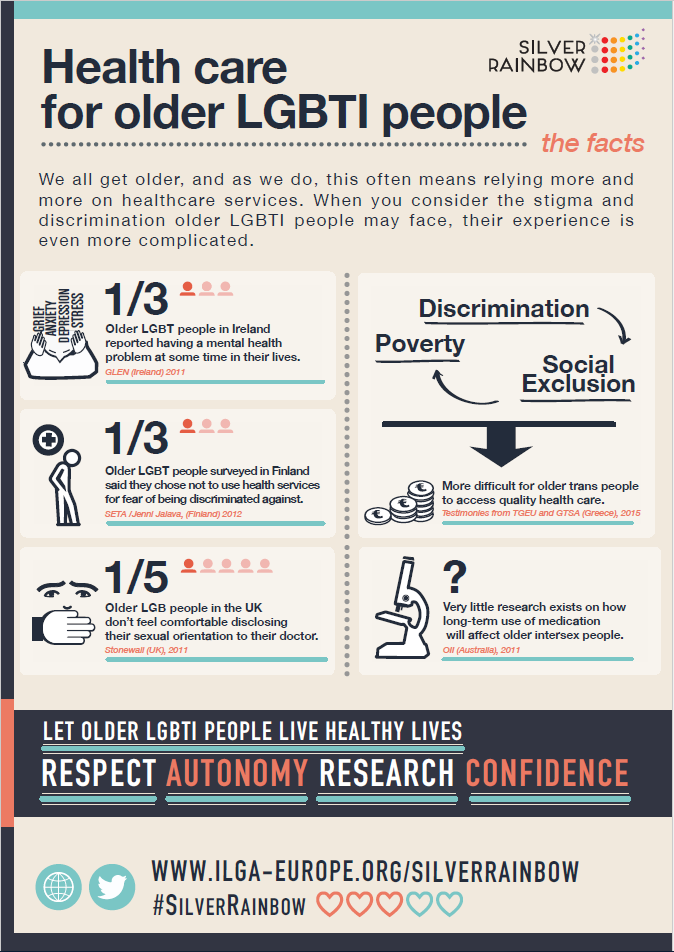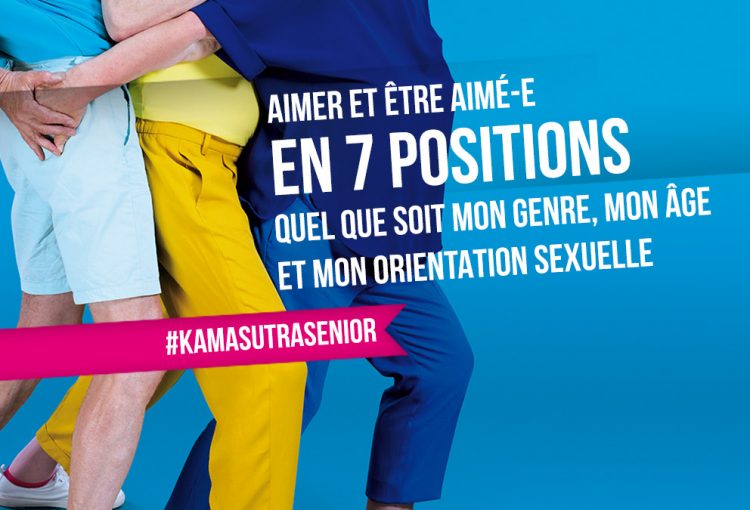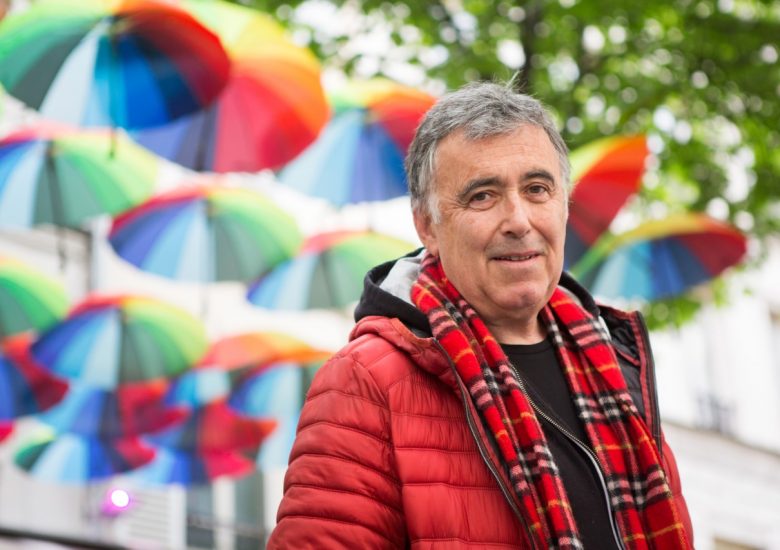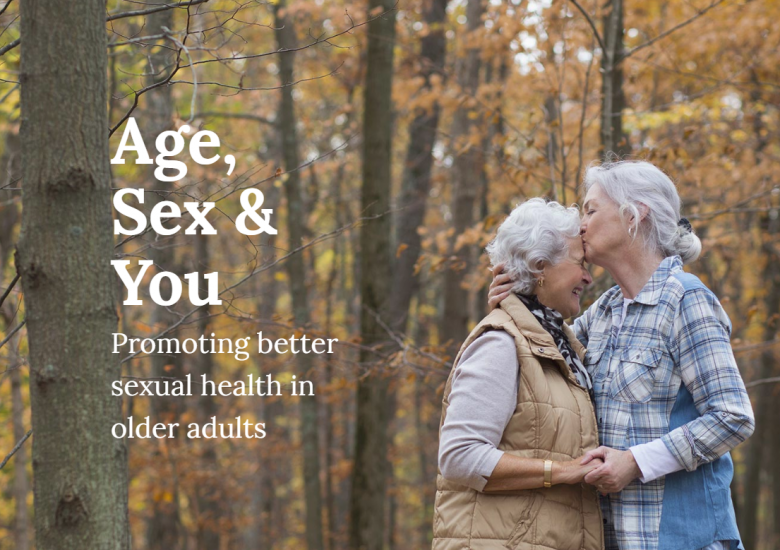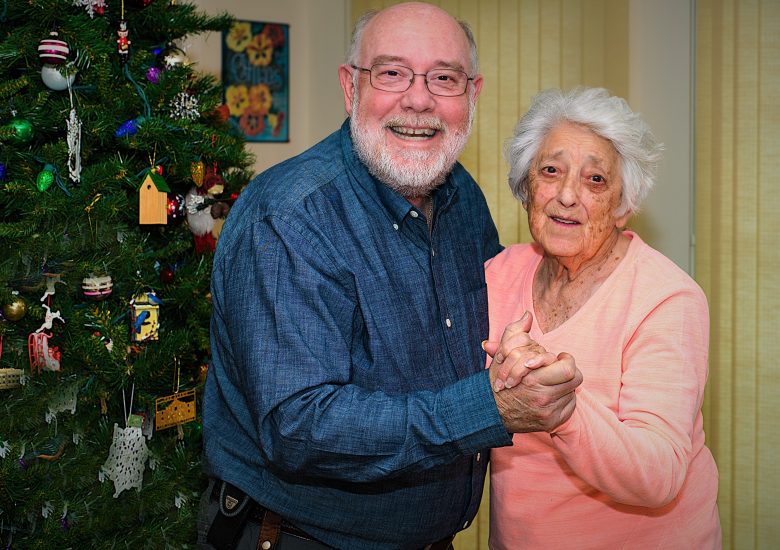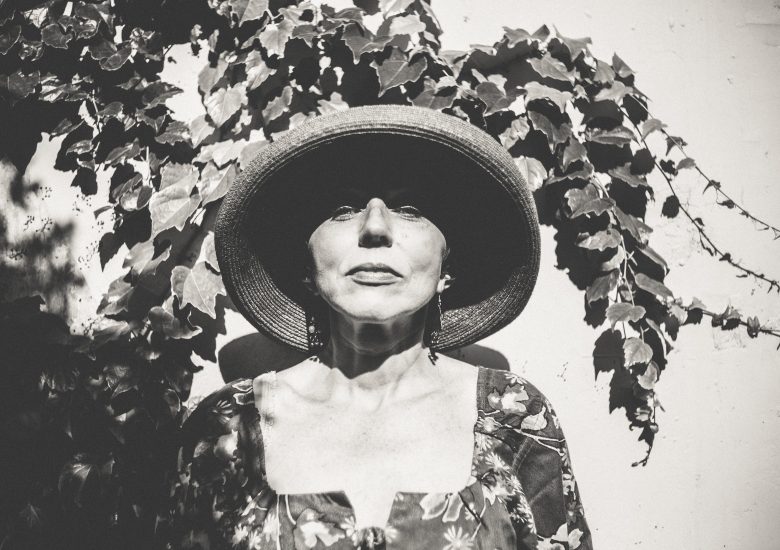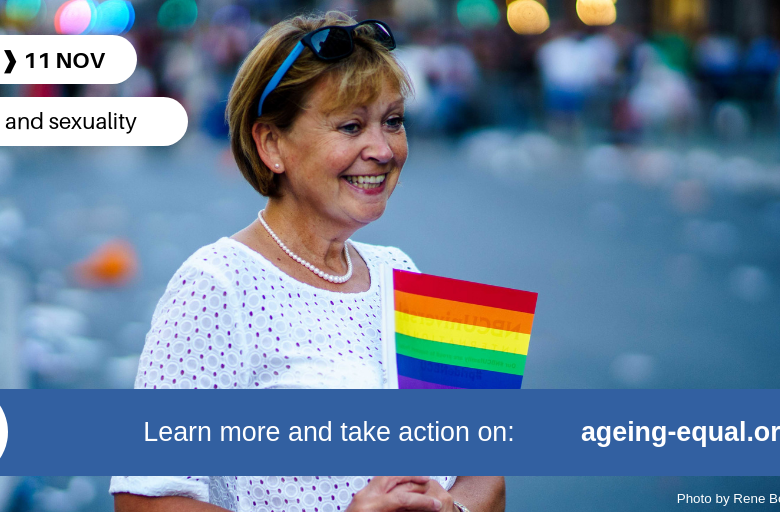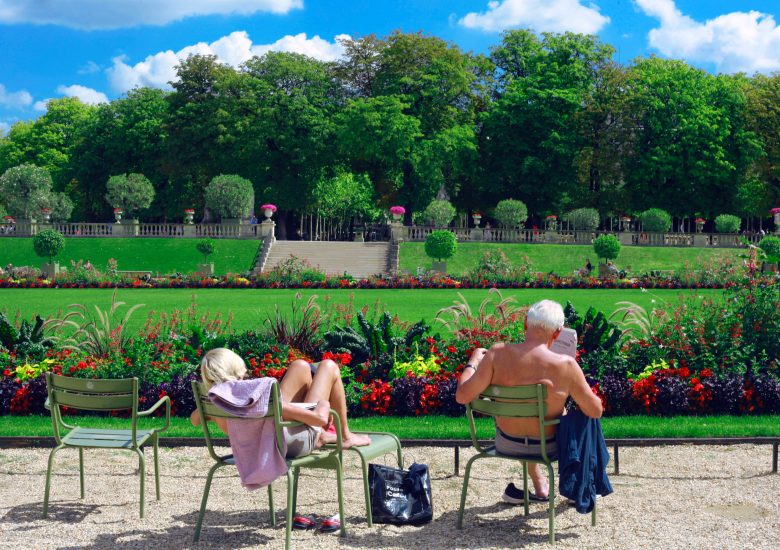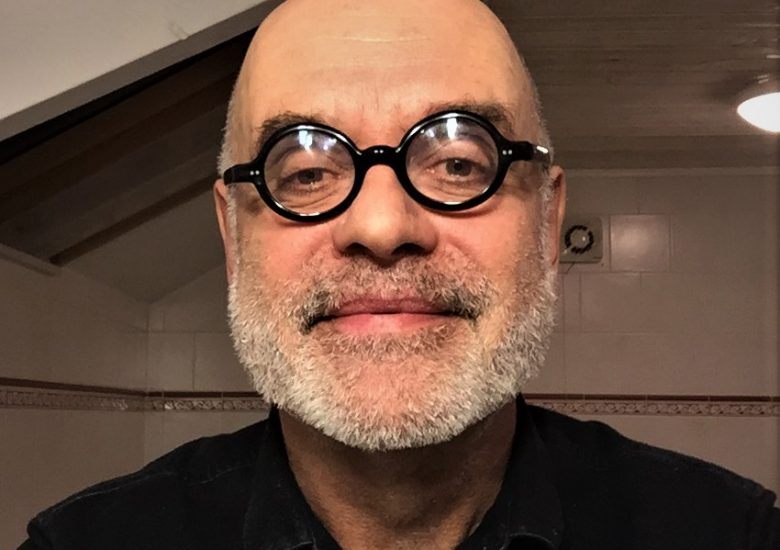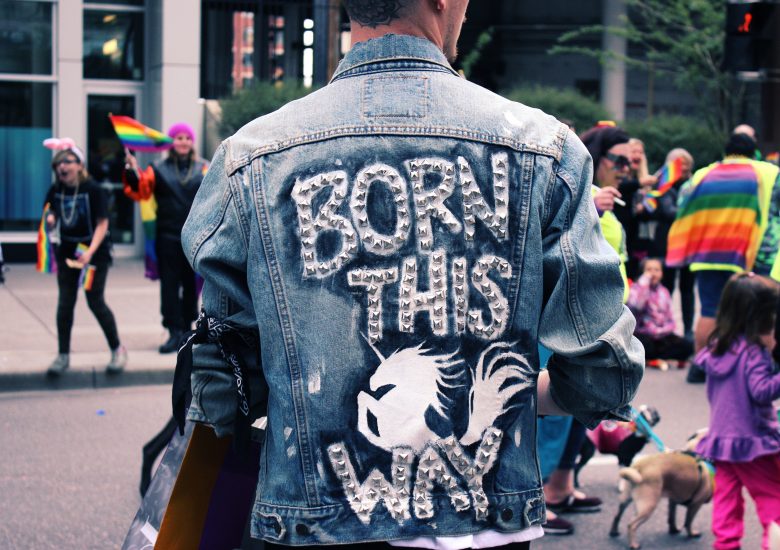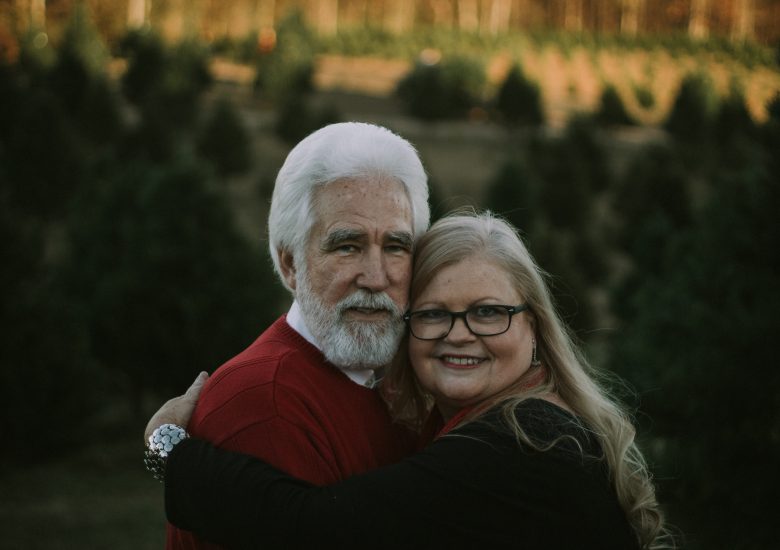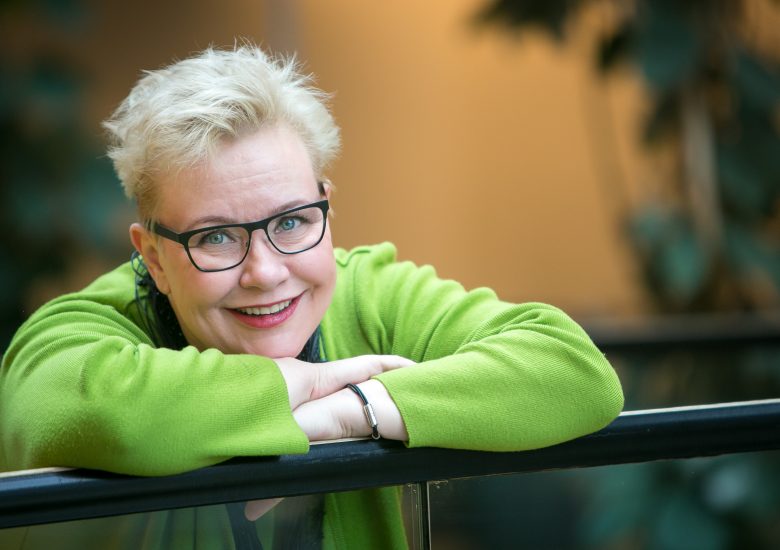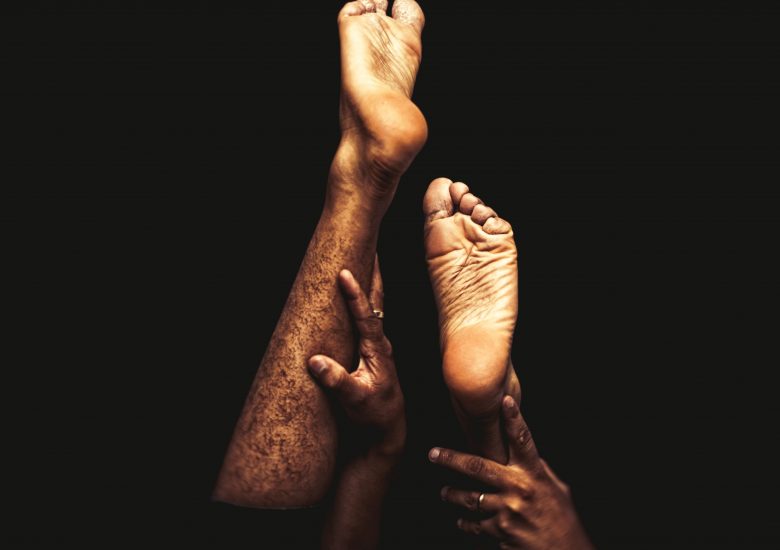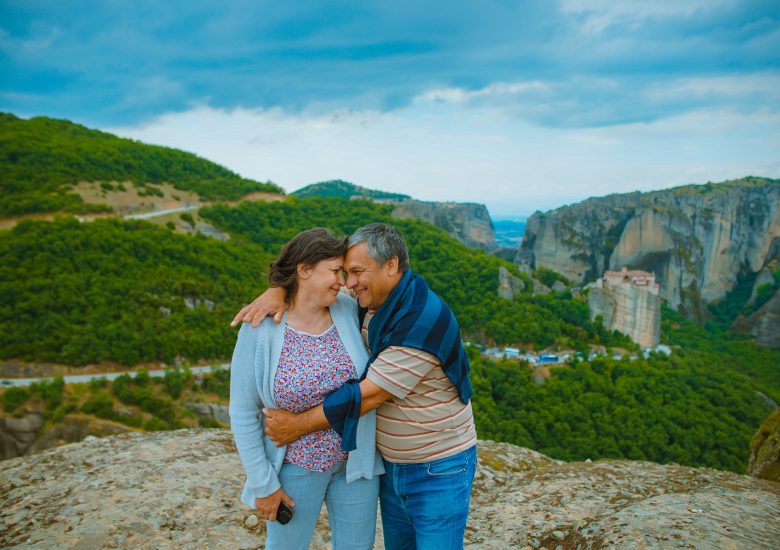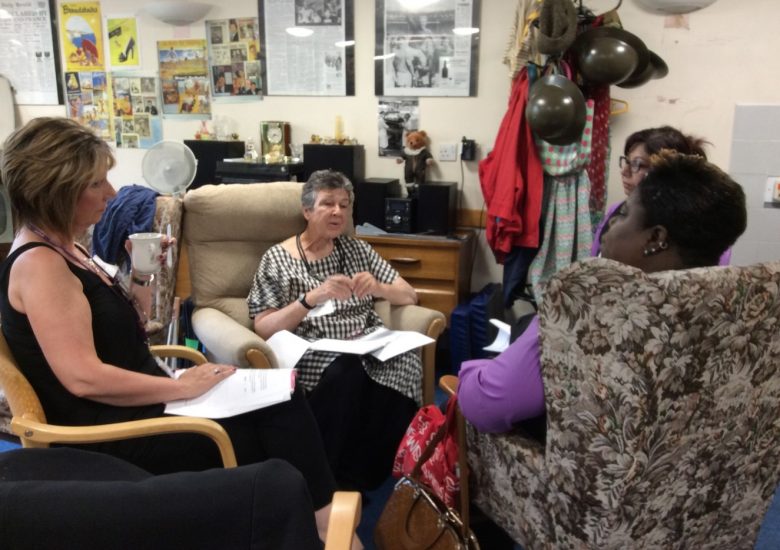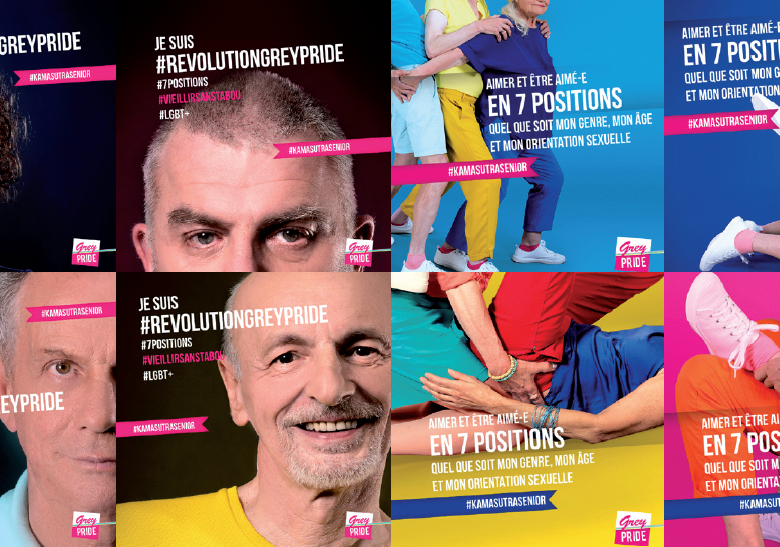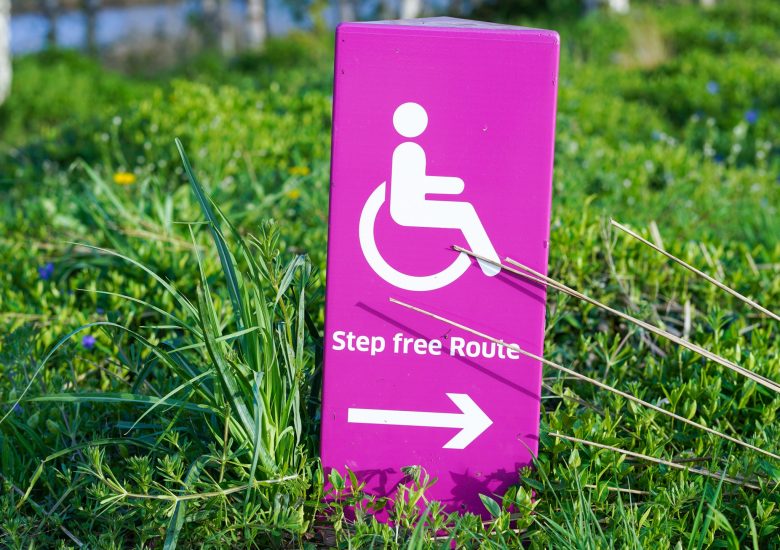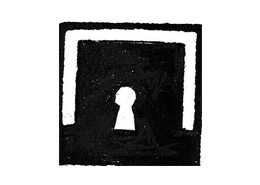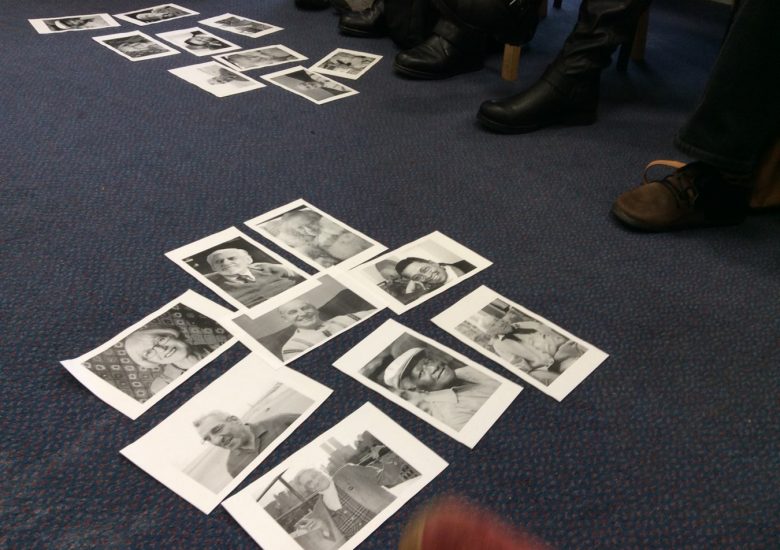Older people are often stereotyped as non-sexual beings who should not, cannot, and do not want to have sexual relationships. Ageism prevents us to respect all forms of intimacy and sexual orientation in later life. Time to break the taboos!
A growing abundance of evidence shows that older adults are sexually active. However, images of older people in intimate relationships remain either rare or stereotypical: since the turn of the millennium, we note a progressive recognition of the sexual health needs of older adults. But in place of the old idea of seniors losing interest in sex, new stereotype — of the ‘sexy senior’ or the ‘cougar’ — pictures a remaining youthfully attractive and sexually active older adult.
The stereotypical understanding of older people’s intimate life hinders the development of adequate support to address older people’s sexual health needs. Internalized ageist stereotypes lead older people to become less interested in sex and less sexually active. The sexuality of care home residents is particularly challenging and often seen as a problem, instead of as a right. The need of care residents for sexuality and intimacy are often absent from policy and practice.
Because of shortcomings in promoting safe sex throughout all stages of the lifecourse, there is a growing number of older people living with HIV/AIDS. Signs of HIV/AIDS can be mistaken for the aches and pains of normal ageing. Some older people may feel ashamed or afraid of being tested and doctors often overlook older people’s sexuality and do not think to test older people for sexually transmitted diseases. This results in older adults being diagnosed at a more advanced stage of HIV infection at diagnosis than younger people, and have a higher HIV morbidity and mortality and a faster disease progression. In 2017, 18% of people living with HIV were aged 50 years and older.
The situation might be further complicated for residents identifying as lesbian, gay, bisexual, transgender, intersex or queer (LGBTIQ), who can feel obliged to go “back into the closet” when they enter care. Older LGBTIQ people can also be affected by ageism and face multiple discrimination in other areas of their lives, including housing (homophobic attitudes of staff and residents in care homes); social protection (eligibility for survivors’ benefits in both state and private pension schemes); family-derived rights (property inheritance rules, insurance, child-care responsibility or next of kin); social exclusion (higher risk of loneliness, isolation and depression).
Moreover many LGBTIQ people remain invisible among older people themselves and seniors’ organisations may fail to investigate their needs. This is due to the prejudice many older people still have on the issue on sexual orientation. At the same time older LGBTIQ people have difficulties to be recognized within their own LGTBIQ communities because of their old age.


